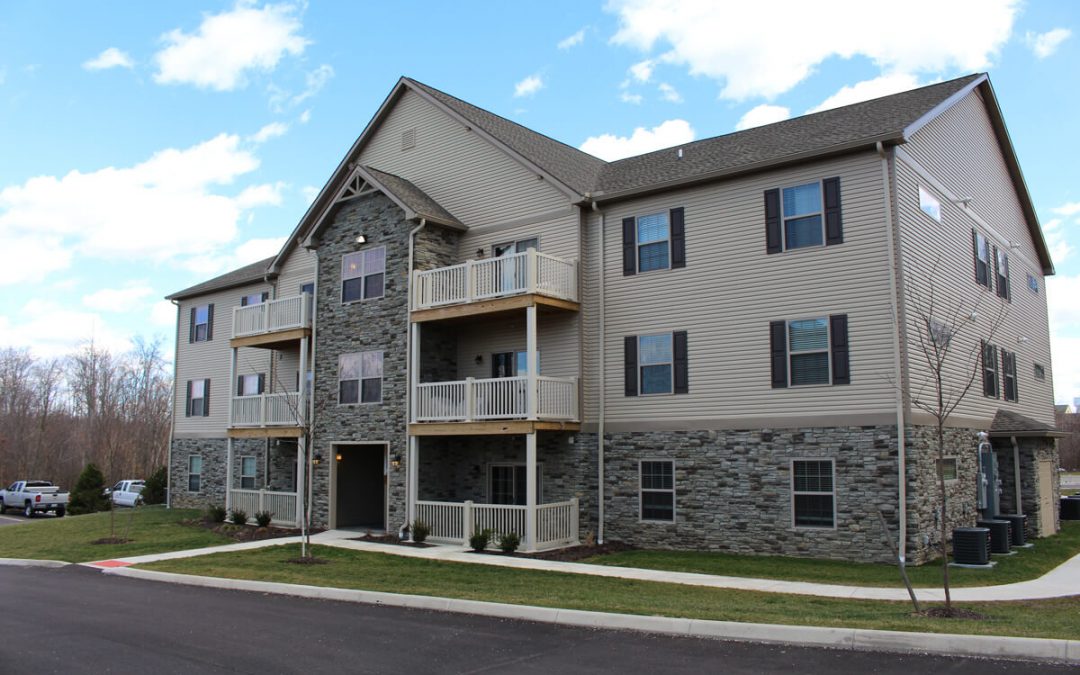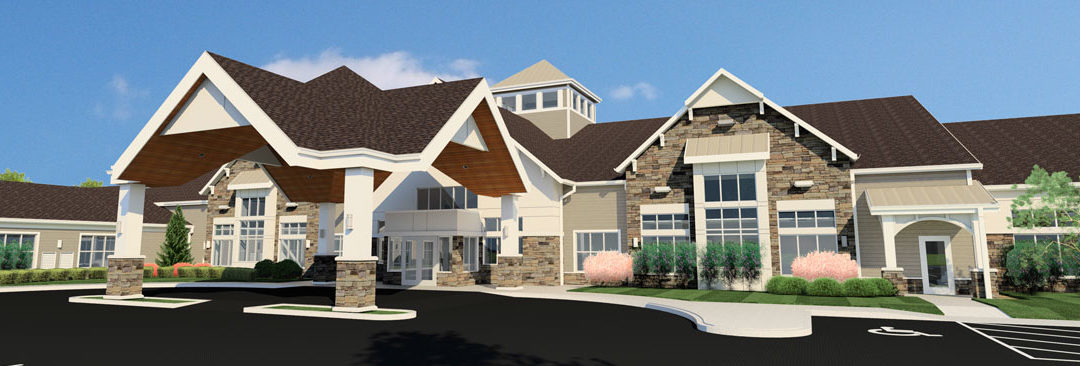
by Damien Therrio | Jun 15, 2018 | Construction Administration
Construction projects aren’t easy, and their significance comes from factors, they will be apartments or offices – important places And they need to make a statement. The competitive pressures and economic constraints have made effective management of your project more critical than ever. Tweak the performance of your teams and their projects by using the following tips.
Define Projects
Create a project definition document before anyone goes to work. This will help everyone involved understand the purpose of the project and their role in it. Your project definition should include an overview of the project and its scope, as well as its underlying assumptions and risks. Understanding risks and safety on the worksite is particularly important for those working the project. By planning ahead and instituting safety measures early on, you can minimize the risk of people getting hurt and filing workers’ compensation claims.
Additionally, define the organization that will support and execute the project. You should also include estimates for the effort, time, and money required to complete the project. Be sure to firmly establish lien expectations so that your subcontractors and mechanics know exactly how and when they’ll get paid. Finally, make sure all stakeholders sign-off on your project definition. You can dispel many misunderstandings by merely having proof of their approval. Though, you can look at many different ways to build up and define projects, such as taking a peak at the four phases of project management.
Use Software
What types of construction businesses benefit most from ERP software? Usually, hardware, materials, and equipment manufacturers and distributors are among those that stand to benefit the most from ERP software. Modern technology can give you the tools needed to maintain tight control over your projects and ensure accountability. For example, ERP construction management software can take information from numerous internal process to provide managers with the analyses and reports needed to support effective decision making.
Although ERP software usually has a noticeable price tag, the efficiencies it can introduce can result in the reduction of redundancy and waste. In other words, when you have the right software supporting your project, it can quickly pay for itself. In addition to ERP construction management software, a variety of targeted ERP exists to support every type of business.
Avoid Scope Creep
Assembling teams and getting projects off the ground requires a lot of effort. So does monitoring your project for schedule and budget compliance. When you have things running well, you may soon encounter your greatest threat: scope creep. Just what is scope creep? Scope creep is when you have a plan, but then that outline doesn’t really go the way that you planned – the project takes a different path that may affect your budget and deadline.
When stakeholders see a well-managed project, they often make ancillary requests that you can seemingly assimilate. However, these small changes accumulate and can become game changers if you fail to implement rigid scope-change procedures. Your results will help to explain to everyone involved why you run your project “by-the-book.”
The above tips may seem simple, but they can go a long way to making your projects run more efficiently. Respond right away by insisting on having a completed, approved project definition before starting work. Also, spend as much time as necessary to make sure that you and your teams have the right software for the job.
Finally, identify and eliminate scope creep by running all changes through proper channels. Ultimately, you will have a successful project and boost your career.

by Damien Therrio | Jun 4, 2018 | Real Estate Development
You are an investor, and you have been considering getting into the commercial real estate game. You have already made money on the residential side of real estate, but you’re interested in expanding your investing scope to more lucrative opportunities. While this kind of real estate venture can generate lots of cash flow, there are some issues you should be aware of before jumping in with both feet.
Running the Numbers

Image Credit: World Property Journal
When purchasing a commercial building or small stripmall-style property, you will want to take considerable time to go over the numbers of such a purchase. Will the cost of the property really justify the monthly generated income stream. Equally important, how long will it take to pay the property off—even if there are already renters paying an established monthly income rate. You have to know if this commercial venture is really going to be worth the investment.
Dealing with the County
Depending on what kind of commercial real estate you are investing in, there may be hidden licensing fees and county compliance issues that you must address along the way. Sometimes these issues are a matter of paying a fee to get the ball rolling. Other times, there are inspections that must be carried out, and you may even need permission from the county if laws have changed prior to you becoming the owner. There’s also certain taxes associated with buying and selling investment properties like commercial locations or rental properties. There are ways of getting around the taxes, but not so much the inspections. Getting in touch with the county and knowing this information ahead of time is key.
When You Are the Landlord

Image Credit: BizCommunity
Being a landlord for commercial real estate can be a bit more complicated than being a landlord in other real estate ventures. This time around, you are renting to restaurants, retail stores, and a variety of other shop owners. The negotiations and contracts for this kind of real estate process are more entangling, and they require developing a more amicable relationship to ensure tenants remain long-term, loyal rent payers.
Location Considerations

Image credit: Tropitone
When it comes to sinking a huge investment into commercial property, you must make location a primary concern. Whether you are using a building for your own purposes or renting suites out to tenant businesses, you must make sure there is adequate foot traffic and visibility so that you will attract customers and clients. Otherwise, your location could kill any businesses trying to operate out of your commercial property—even your own. You’ll also want to choose a location that compliments the look and function of your property. For example, if you are investing in a hotel and spa, then you’ll want to ensure that your outdoor scenery supports a relaxing experience.
Insurance Needs

Image credit: St. Louis Corporate Housing
Insurance is always a factor with any type of investment in commercial property. You would not want to risk owning such huge assets without having insurance to cover them. Before you purchase commercial property, you will want to be certain of the insurance ramifications that such a purchase entails. You will need liability insurance, flood insurance, in certain cases, and insurance to mitigate the costs associated with other types of potential damage to your commercial investment.
Going commercial with your real estate interests can turn into a huge investment opportunity. There is a lot of money to be made as the owner of commercial properties. The business applications are virtually endless, and so is the income potential.
When you’re ready to start the construction process, contact us at Pride One Construction to schedule a consultation.
Resources:
httpss://www.insureon.com/blog/post/2014/04/01/save-on-property-insurance.aspx
httpss://www.nolo.com/legal-encyclopedia/pros-cons-investing-commercial-real-estate.html
httpss://www.investopedia.com/articles/mortgages-real-estate/09/tips-commercial-real-estate.asp















Recent Comments